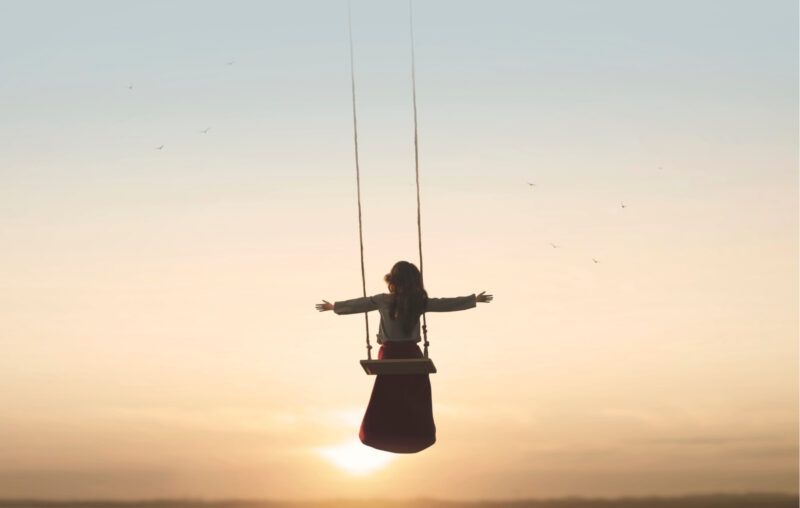2020 Was Not The Worst Year Ever. Not Even Close.

I don’t want to be premature about this, but I’ll join the chorus of voices saying good riddance, 2020. It’s fashionable in some circles–the cover of Time, for example–to decry 2020 as the “worst year ever.” Two thousand and twenty has been pretty bad, but we can take comfort in the fact that it was not, by any stretch of anyone’s imagination, the worst year ever. It isn’t even close (and yes, the claim is hyperbole borrowing from Comic Book Guy on The Simpsons).
2020 was still pretty much the best time to be alive ever, even in the face of a Covid pandemic that induced policymakers to wreck the global economy. Covid and the policy response are real shocks, meaning that output has fallen not because of a sudden reduction in spending growth in a world of sticky prices but because of a big decrease in productive capacity. As many people have pointed out, it’s kind of pointless to try to stimulate spending growth when there isn’t much to spend on. Here, though, are just a few years that were worse than 2020.
Any Year in the 1300s. What Barbara Tuchman called “the calamitous fourteenth century” saw plague and pestilence sweeping across Europe. “In five years, Black Death wiped out an estimated 30 to 50 percent of Europe’s population.” Humans have adapted, but it was an utter cataclysm. We will adapt to Covid, as well. Even without pathogens and pandemics, people have spilled others’ blood by the gallon. Fortunately, that’s rarer than it used to be.
Any Year in the 1800s. Slavery was legal in the United States. Over 600,000 men died in the US Civil War. A long cholera pandemic was winding down, but another would break out in 1863. In 1854, a cholera outbreak took 5.5% of the people in Chicago. Something that killed 5.5% of people who live in Chicago (not the metro area, the city itself) in 2020 would claim about 150,000 lives.
Any Year in the 1900s. Comparing the late 20th century to today is a bit more ambiguous as the 1990s were pretty good for many people, but I’ll stand by it. Online learning, it turns out, has been something of a disaster for a lot of students and families, but imagine how much worse it would have been to try to go to “online learning” or a correspondence model–to say nothing of working from home–in the 1980s or 1990s. There were deadly flu pandemics in the late 1950s and late 1960s. HIV/AIDS-related illnesses still kill some 690,000 people per year and claimed 32.7 million lives between the beginning of the pandemic and 2019.
It gets easier to be more sympathetic to 2020 the farther we go into history. In the last 120 years, we’ve had two world wars, a Great Depression, the Holodomor, the Holocaust, proxy wars between the US and the Soviet Union during the Cold War, and mass-murdering communist states following revolutions in Russia, China, and elsewhere. That “simpler time” people yearn for meant burying your children and everyone you love dying of tuberculosis or in warfare and not living long enough to worry about cancer or heart failure. The past is a nice place to visit, but you wouldn’t want to live there.
I don’t think 2020 would have been nearly as bad without the bureaucratic, administrative response to the pandemic. There is more to life than “not dying from Covid.” There’s “not dying from starvation,” which is much more likely for a lot of people in the less-fortunate parts of our locked-down world, or “not dying from cancer your doctor didn’t detect early because Covid protocols meant delayed screening.” Or suicide, which some 25% of young adults have seriously considered during the pandemic. In a recent article, Jay Bhattacharya explains some of the collateral damage from lockdowns and closures and paints a grim picture. We should rejoice that people developed a vaccine rapidly, but we should also lament the lives lost while innovators were busy complying with regulators’ demands.
Two thousand and twenty has…underperformed, to say the least. We were promised flying cars, and all we got were mask mandates. A bit of perspective is useful, though. Are a lot of people still suffering? Yes, and we should help them. Have there been incursions on liberty? You bet, and we should resent them. Have they been unprecedented? In some ways, and we should learn from them. Has 2020 been the worst year ever, though? Not even close.










